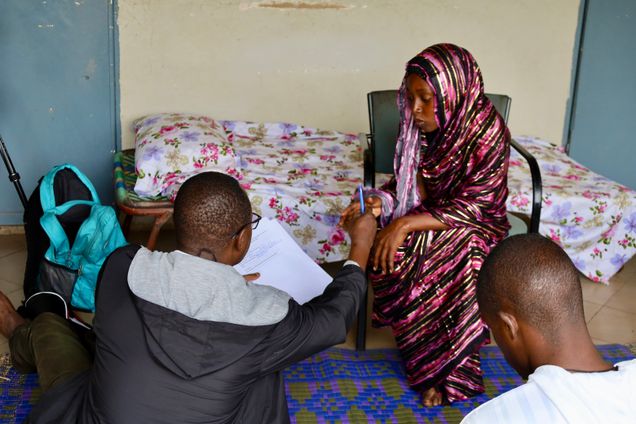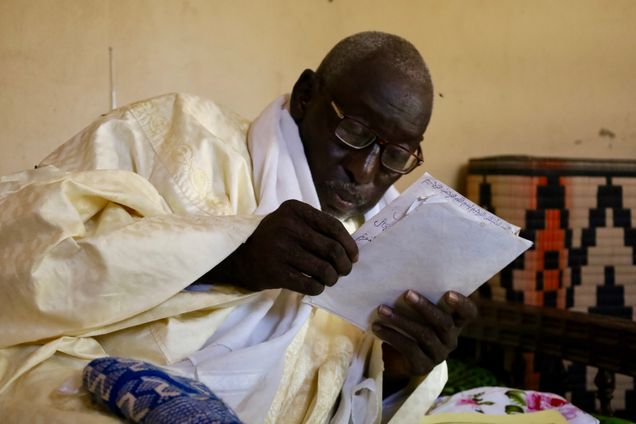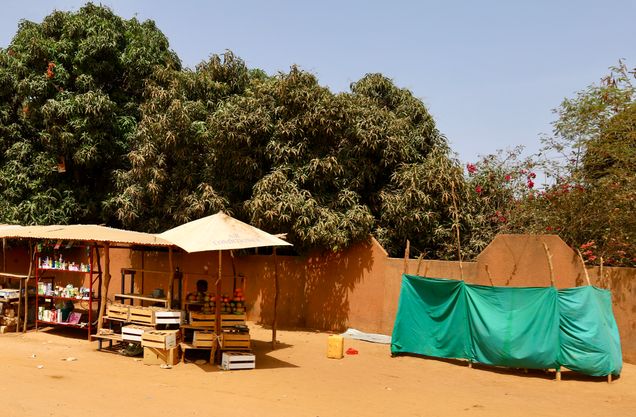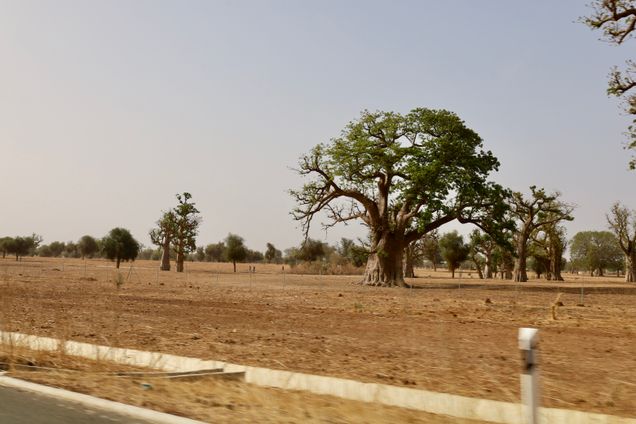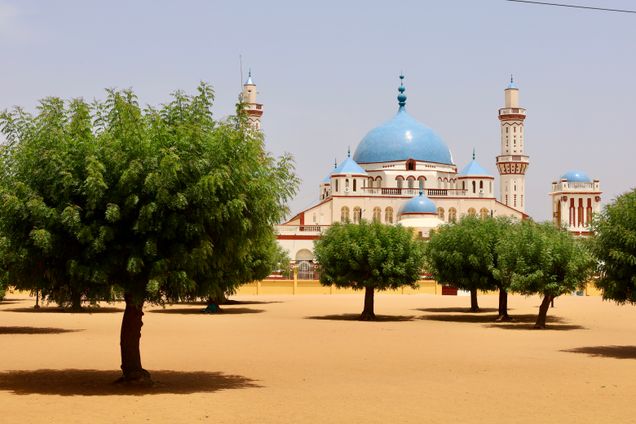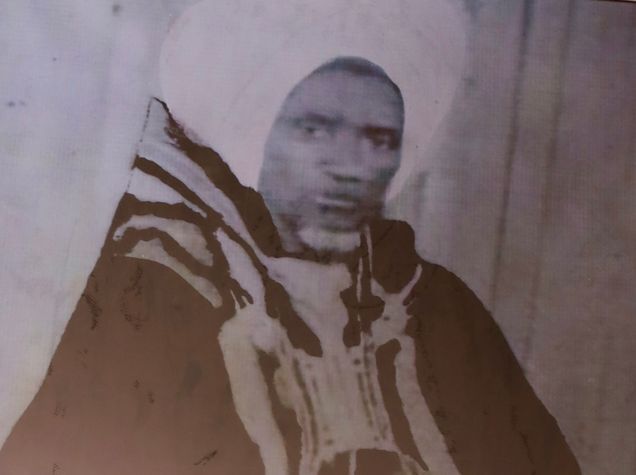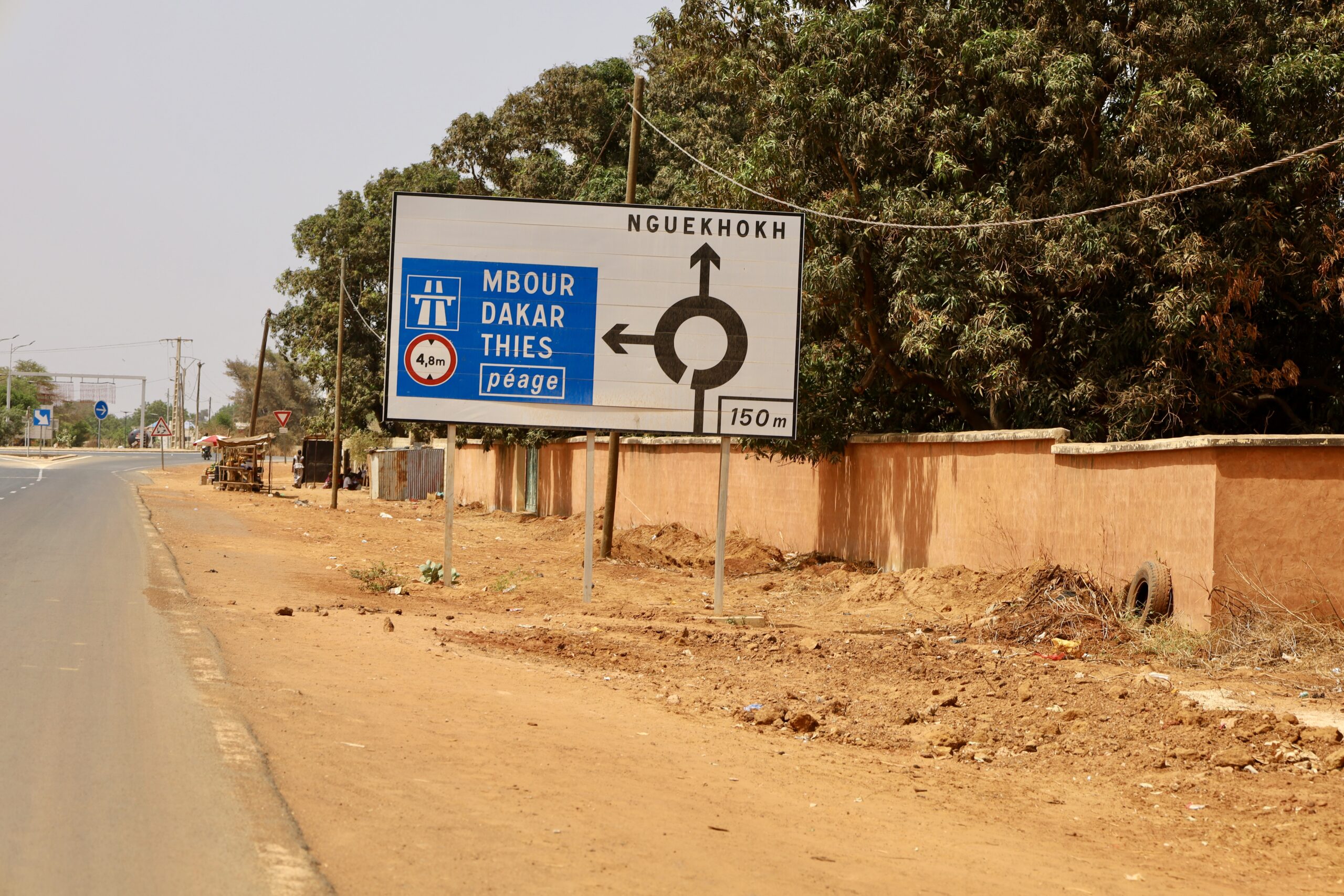Unit 5A: Fatou Bintou Lo

Metadata
| Title | Conversation with Fatou Bintou Lo |
| Interviewer | Fallou Ngom and Ablaye Diakite |
| Subject | New women Wolof poets, education, Wolofal (Wolof Ajami writing and poetry), tribute to her husband |
| Content | Fatou Bintou Lo (Faatu Bintu Ló in the standard Wolof Latin script spelling) belongs to the new generation of Wolof Ajami poets in Senegal. She is twenty-two, and was born and raised in Touba where she completed her Quranic and advanced Islamic studies. She studied Arabic, grammar, and theology. The transition between writing in Arabic and Wolof Ajami was natural to her, due to her knowledge of the works of the renowned Wolof Ajami poet, Sëriñ Muusa Ka, and other Wolof Ajami writers in her community. Ms. Lo describes how Wolofal poetry reinforced her love of writing. She has written many poems on various subjects, including a poem about the yearly religious pilgrimage in the city Touba (called Le Grand Magal de Touba in French) and a love poem dedicated to her husband, both of which she shared in the interview. She also describes how reading and writing Ajami poetry has improved her knowledge of the Wolof language. Ms. Lo lives with her husband in Nguékhokh, Senegal, where she serves as a Quranic teacher and a Wolof Ajami poetess. |
| Language | Wolof |
| Script | Wolof Ajami (locally called Wolofal) |
| Location | Nguékhokh, Senegal |
| Pedagogical content/application | Includes relevant linguistic, stylistic and cultural skills as identified in our assessment guidebook/ ACTFL guidelines |
| Access condition and copyright | These materials are subject to copyright and are distributed under the terms of the Creative Commons Attribution-NonCommercial 4.0 License, which permits non-commercial use, distribution, and reproduction in any medium, provided the original author and source are credited. For use, distribution or reproduction beyond these terms, contact Professor Fallou Ngom (fngom@bu.edu). |
| Contributors | Fallou Ngom, Ablaye Diakite, Elhadji Djibril Diagne, Daivi Rodima-Taylor, Gana Ndiaye, Alison Parker, and Frank Antonelli. |
| Required citation information | Fallou Ngom (PI), Ablaye Diakite, Elhadji Djibril Diagne, Daivi Rodima-Taylor, and other contributors. 2023. “Conversation with Fatou Bintou Lo.” https://sites.bu.edu/ria/wolof/wolof-unit-5a/ |
Videos
Wolof with English Subtitles
Wolof with Latin Script Subtitles
Community Images
(click on the image for a larger view)
Pedagogical Activities
Glossary
- Ayib b-: Flaw, fault, defect, imperfection
- Bon, mbon g-: Badness, meanness, wickedness, indecency
- Bóoli b-: Large metal recipient for serving food to groups of people
- Càmm g-: Herd, livestock
- Colin, coliin g-: Dress code, way of dressing
- Dénk: To advise, counsel, recommend, entrust
- Fàggu: Take one’s predispositions, seek
- Fiqh: Islamic Jurisprudence, from Arabic Fiqh
- Gaal g-: Trunk, suitcase, canoe
- Haraam: Illicit, forbidden, sinful, from Arabic ḥarā
- Jamono j-: Epoch, era, time, period
- Jigéen j-: Woman, female
- Joŋante taalif b-: Poetry contest
- Kaarange l-: Security, safety, protection
- Kàddu g-: Word, speech
- Loyalu b-, loyalu g-: Keyboard
- Ngënéel l-: Merit, blessing, advantage, privilege
- Njub g-: Uprightness, righteousness, decency, integrity
- Sàmm, sàmmkat b-: Herder, shepherd
- Sayu matt: Load of firewood
- Séy b-: Marriage. When used as a verb, sexual intercourse
- Soraas b-: Orange, from French orange
- Taalif b-: Poem, synonym of woy (song)
- Taarix: History, from Arabic tārīkh
- Tasawuuf: Sufism, Islamic mysticism, from Arabic taṣawwuf
- Tawhiid: Oneness of God, from Arabic tawḥīd
- Wareef w-: Duty, obligation, responsibility
- Worma g-: Consideration, respect, honor
- Xaal b-: Watermelon
- Xaritu benn bakkanam: Best friend
- Yenu: To carry on one’s head
- Yóbbal b-: Traveler’s provision
Notes
- Boroom kër: The Wolof title for family provider, head of household, or husband.
- Cosaani maam: Customs, traditions, and values bequeathed by one’s ancestors and passed down from generation to generation.
- Dëddu àdduna: “Turning one’s back to the world.” A Sufi phrase meaning to detach oneself from the attractions of the material world, which is fleeting and imperfect, and to devote one’s attention to the hereafter, which is eternal and perfect.
- Mbóot y-: Secrets that are inaccessible to novice followers of Sufism, mystical, esoteric knowledge.
- Melow ku ñu tàggat: Manners of a well-raised person, traits of a well-trained person, good manners.
- Noot sa bakkan: Dominate/control your lower self. This is a key Sufi concept that refers to the efforts of self-control over material and other worldly temptations.
Exercises:
Comprehension || Writing || Listening / Speaking and Conversation || Cultural Competence
Comprehension: Video
Comprehension: Image
Writing
Listening / Speaking and Conversation
- Podkast ak Widewoo: Defaral ab podkast ci mbiru widewoo bi walla nga defar ay widewoo yu gàtt yuy faramfàcce mbir yi widewoo bi ëmb, ci sa xalaat.
Cultural Competence
- Deferal ab eskets ci Wolof buy wone ab aada bu am solo boo jukkee ci widewoo bi.
